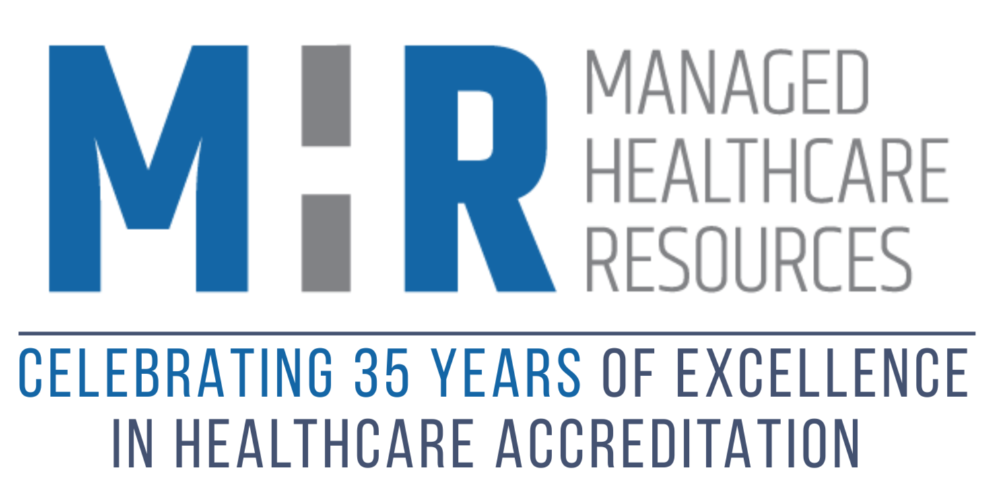
By Nancy Ross Bell, RN
Estimated time to read: 3 minutes
Rental networks have been utilized for over 20 years; however, as the number of provider networks grows, so does the complexity, which can sometimes lead to confusion regarding responsibilities for credentialing practices.
In this blog, we explore the concept of a rental network, discuss the advantages and disadvantages from the perspective of stakeholders, and offer guidance on delegation.
What Are Rental Networks?
A rental network is also known as a leased or wrap network. It is a type of preferred provider organization (PPO) that contracts with healthcare providers and then leases access to its contracted rates to third-party payers, such as health plans, employers, or other PPOs.
The sole purpose of rental networks is to serve as an intermediary, facilitating access to other entities through discounted provider rates determined between the network and practitioners. Rental networks do not sponsor health insurance coverage or administer health plan benefits, but they do allow access to practitioners and other bundled services, like Utilization Management (UM) Authorization for out-of-network services.
Who are the entities that use rental networks? It could be any health plan that needs to provide broader coverage to its insured clients, often those who travel outside its region, where its primary network provides coverage.
How Do Rental Networks Normally Work?
- Health plans contract with rental networks to access their providers at a discounted rate, which was agreed upon between the rental network or its designee and the provider.
- Access to these providers is promoted as “in network” in the health plan’s directory.
- Contact information for the network is listed on an individual’s ID card.
- When claims are submitted, payment is made at the discounted rate.
Where is the Confusion with Rental Networks?
Members
For members who travel outside their region or out-of-state, their primary advantage is broader provider choice, which is considered in-network. Additionally, members living in rural areas who may not have access to certain specialists can consider accessing rental networks. The catch is that many members may be unaware of these rental networks, especially when they hear other terms used, such as leased or wrapped networks.
A disadvantage members might face is unexpected out-of-network charges if there is a lack of clarity about which providers are covered under the rental arrangement. Some practitioners within the same office or facility may not have agreed to the rental network's discounted rate, yet an appointment was scheduled with one of these providers.
Providers
Providers benefit from increased patient volume through broader access across multiple payers. However, they may face reduced reimbursement rates due to the discounted fee schedules set by the rental network. Additionally, providers may be unaware of all the entities accessing their contracted rates, which can result in administrative confusion and unexpected claims. The lack of transparency could lead to member dissatisfaction and unexpected balance billing.
Health Plans
Health plans gain from expanded network access, offering a broader network of providers without the need to establish direct contracts with each provider. Health plans can access pre-negotiated discounted rates through rental networks, resulting in reduced reimbursement costs.
However, disadvantages include limited control over credentialing and quality assurance processes, as well as the potential for disputes. Discrepancies between the rental network's agreements and the health plan's policies can lead to payment issues and dissatisfaction among providers.
Member Criteria for Rental Networks
For each rental network, member criteria include:
- Members may only see these practitioners when they are out of the network area.
- Members are offered an incentive (in-network rates) to see practitioners within the rental network.
- Members are directed to the rental network via their membership card or the provider directory.
- Members residing or traveling outside the network may access the rental network.
An Example of How a Rental Network Works
A plan sponsor (employer) is based in a geographic area, such as the Pacific Northwest. The plan sponsor purchases health insurance for its employees through a regional carrier that covers the primary area where employees reside. However, for employees working in or out of satellite sales offices in Chicago, Atlanta, and Boston, other provider networks are needed. Therefore, the plan sponsor contracts with rental networks to provide access for all services outside the Pacific Northwest.
NCQA Delegated Credentialing
When a rental network arrangement provides a credentialed network for members to access, then delegated credentialing exists. If delegation occurs, the rental network is responsible for performing credentialing following NCQA’s credentialing standards.
However, like all delegations, the health plan retains ultimate accountability. It must ensure proper oversight through audits and evaluations, as detailed in a formal Delegation Agreement that defines roles, responsibilities, monitoring protocols, and consequences for the delegate if they do not adhere to NCQA standards.
Keep Staff Well-Informed
Rental networks support the availability and accessibility of providers. Keep your staff well-informed about how they work.
Key Points for Staff Training
- What is a rental network?
- What geographic regions are covered by the rental network?
- What products and members have access to the rental network?
- How are rates decided and claims paid?
- If a provider or member has a claim dispute, who is responsible for resolving it?
- How does your organization promote rental networks?
Take Action
- Ensure all rental networks are included in your list of delegates and utilize the specific NCQA Credentialing Universe for Rental Networks submission instructions.
- Contact your MHR consultant to review Delegated Agreements and monitoring reports, and advise on the possibility of automatic credit when using an NCQA-Accredited entity.
Visit our Products page to schedule training and review our extensive collection of tools and templates in MHR’s unique Delegation Suite.
If you are not an MHR client yet, schedule a Discovery call through our Contact page, and read about How We Work and the types of Organizations we guide to NCQA Accreditation. We would love to discuss how we differ from other NCQA consulting firms!
MHR implements a thorough quality review process for all blogs. This blog features expert insights from Kim Carpenter Petit. Learn more about MHR’s Independent Consultants at managedhealthcareresources.com/AboutOurConsultants.



